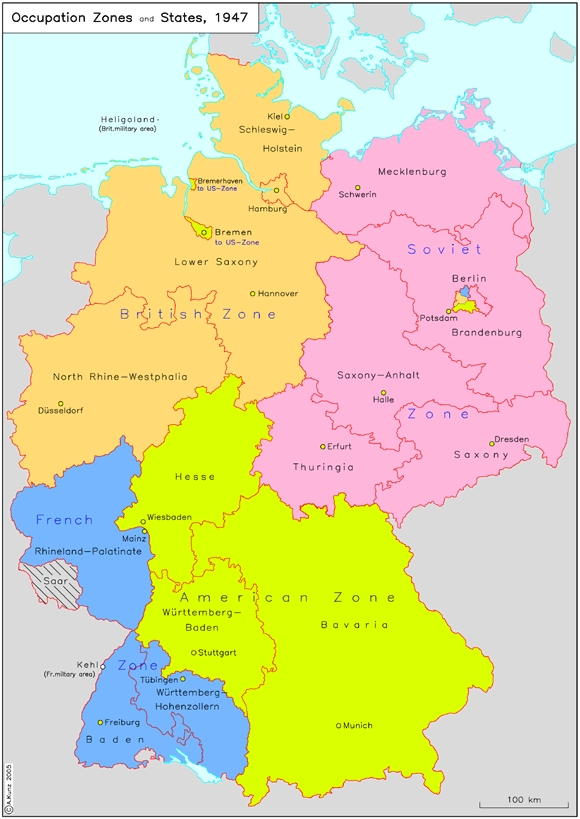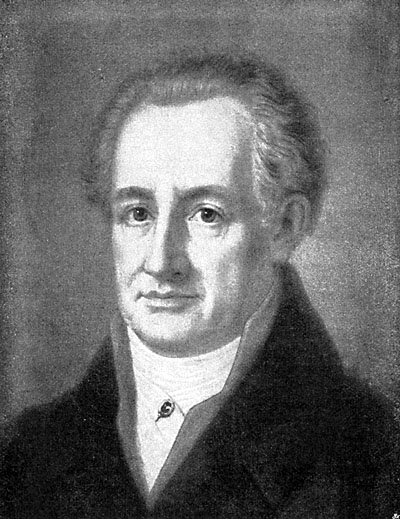When I began reading this portion of Schulze's book, I remembered a poster presentation that I saw at last year's Rall Symposium. Although I do not recall who presented the research or what the project was called, I do remember what the research focused on. The student visited various middle schools in a town in Germany and conducted surveys with the children asking them about their sense of pride for their country. Even though the history of Germany was nothing I was not aware of, I had never taking into consideration how the people of Germany think of themselves and their country. Schulze does a great job at going further into this in chapter 12. In
Germany: A New History, Schulze says "In Germany [the war] had cost about three times as many lives as the First World War; approximately 5.5 million people had died--an alarming figure" (286). When these facts are synonymous with your country it becomes difficult to find the ability to be proud of your culture. To no surprise, the student who had conducted her research found that the young German students did not have the same amount of pride you would find in an American child. As I mentioned before, this was never something that had crossed my mind before. When I spoke with the student at the Rall Symposium I was very much interested in how these children felt about their country. Was the history of their home being taught to them in a manner that would shame them? Was pride something that wasn't socially accepted? Where was the shame coming from? To my surprise, a lot of what was being taught to the students in the classrooms did result in their shame. From what I gathered from the student was that schools were teaching their students about the events that occurred during World War 2 in a fashion that would fear them into never repeating their history. In addition, the parents of children were also a source of fear; pride was not something that was had by many older generations. However, my discussion with the student did leave me with the understanding that, although I might not find a German who proudly speaks about his/her country's past, I would find that the shame in the country's past is not as present now as it was just a decade ago.


It was even difficult for many Germans to find a cultural landmarks to stand by and be proud of. Because the war brought so much destruction for the country, many of its towns were left in ruins. Schulze states, "More than half a million civilians lost their lives in the attacks; approximately four million houses and apartments were destroyed, and the civilian populations of the major cities had to be evacuated. Cathedrals, palaces and old town centers went up in flames, and with them a considerable portion of Germany's cultural heritage. The face of daily life in Germany changed drastically" (278). On the right are some pictures of towns that were destroyed by the war and people walking in the remains of their home. Now, the country was not only left with shameful acts, but it had to past to look back to.
And to make things even better, the country was being forces to
surrender unconditionally. Germany was to be occupied by, not just one, but fourth other countries: France, Soviet Union, U.S. and Britain. In the end, I wonder how I will encounter pride in Germany during our trip. Will I have the same experience as the student who presented at Rall Symposium? Or will I run into Germans who are very proud of their home? Or is pride in a country just something that occurs too much in America?
 It was even difficult for many Germans to find a cultural landmarks to stand by and be proud of. Because the war brought so much destruction for the country, many of its towns were left in ruins. Schulze states, "More than half a million civilians lost their lives in the attacks; approximately four million houses and apartments were destroyed, and the civilian populations of the major cities had to be evacuated. Cathedrals, palaces and old town centers went up in flames, and with them a considerable portion of Germany's cultural heritage. The face of daily life in Germany changed drastically" (278). On the right are some pictures of towns that were destroyed by the war and people walking in the remains of their home. Now, the country was not only left with shameful acts, but it had to past to look back to.
It was even difficult for many Germans to find a cultural landmarks to stand by and be proud of. Because the war brought so much destruction for the country, many of its towns were left in ruins. Schulze states, "More than half a million civilians lost their lives in the attacks; approximately four million houses and apartments were destroyed, and the civilian populations of the major cities had to be evacuated. Cathedrals, palaces and old town centers went up in flames, and with them a considerable portion of Germany's cultural heritage. The face of daily life in Germany changed drastically" (278). On the right are some pictures of towns that were destroyed by the war and people walking in the remains of their home. Now, the country was not only left with shameful acts, but it had to past to look back to.




